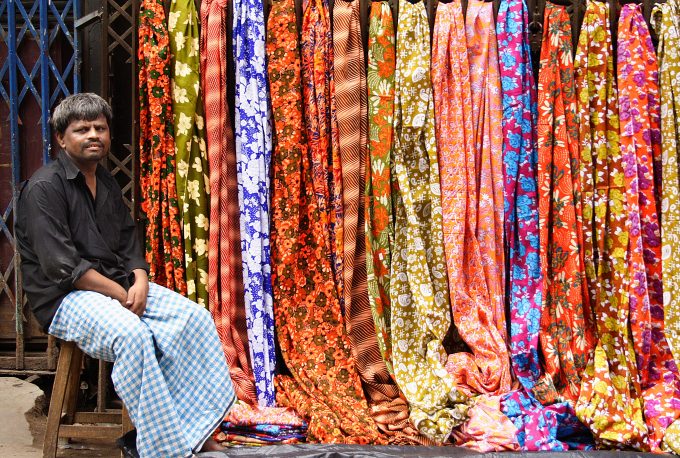Bangladesh looks at demurrage waiver as containers pile up in Chittagong
The Chittagong port yards now have close to 40,000 teu of containers, mainly loaded with ...
TFII: SOLID AS USUALMAERSK: WEAKENINGF: FALLING OFF A CLIFFAAPL: 'BOTTLENECK IN MAINLAND CHINA'AAPL: CHINA TRENDSDHL: GROWTH CAPEXR: ANOTHER SOLID DELIVERYMFT: HERE COMES THE FALLDSV: LOOK AT SCHENKER PERFORMANCEUPS: A WAVE OF DOWNGRADES DSV: BARGAIN BINKNX: EARNINGS OUTODFL: RISING AND FALLING AND THEN RISING
TFII: SOLID AS USUALMAERSK: WEAKENINGF: FALLING OFF A CLIFFAAPL: 'BOTTLENECK IN MAINLAND CHINA'AAPL: CHINA TRENDSDHL: GROWTH CAPEXR: ANOTHER SOLID DELIVERYMFT: HERE COMES THE FALLDSV: LOOK AT SCHENKER PERFORMANCEUPS: A WAVE OF DOWNGRADES DSV: BARGAIN BINKNX: EARNINGS OUTODFL: RISING AND FALLING AND THEN RISING

Bangladesh’s garment industry is struggling with delays to both imports and exports as security measures at Dhaka’s airport are beefed up after several countries expressed concern.
Delegates from the UK Civil Aviation Authority last week urged Bangladesh to adopt new security measures within the next three months, insisting on a “three-layer security system” for Dhaka-London flights.
Worries over “flimsy” security at Dhaka Shahjalal International Airport have already led to a ban on air freight imports by Australia.
The Dhaka airport authority has installed new scanning equipment, but garment manufacturers are complaining that imports of raw materials and some accessories are being delayed – in some cases by up to two weeks.
And manufacturers are facing difficulties exporting. On December 19, Australia imposed a ban on all air freight imports over 500g that originated in or transited through Bangladesh, Egypt, Somalia, Syria and Yemen, citing security concerns.
However, if the freight travels through a third-party country such as Singapore or Hong Kong, and is declared as an import by local Customs, it can be re-exported to Australia on a new air waybill.
Nick McGlynn, chief operating officer for Qantas Freight, told The Loadstar: “We constantly monitor potential security risks across our network, and the decisions we make to restrict freight carriage are based on government legislation, on our own internal assessments and consultation with the relevant government security agencies.”
The ban is thought to have had little impact on the airline’s volumes, however, as it does not carry a significant amount of freight in those regions. While samples tend to be sent by air, most finished garment products are sent by sea freight, which is still permitted.
Just a few days before the ban was enforced, a delegation from Maersk held a meeting with the Bangladesh Garment Manufacturers and Exporters Association (BGMEA), to look at ways of enhancing the efficiency of shipping and the port.
Australia, which places no duty on Bangladeshi garments, last year imported $607m-worth of goods from the country, 88% of which was garments, according to the Export Promotion Bureau of Bangladesh.
Representatives from the BGMEA were unavailable for comment as we went to press, but vice-president Mohammed Nasir told local media earlier this month that the industry was worried about losing business and had met with Australian retailers including K-Mart, Woolworth’s and Target.
Some items from Bangladesh and Egypt are exempt from the ban, including letters, live animals, human remains, some dangerous goods and biological tissue. However, airlines are not allowed to carry any air cargo that has originated from, or transited through Syria, Yemen or Somalia.
While the Australian government noted on its website that there had been no specific threat, it said it “will continue to monitor aviation security developments”.
It also stated that even if freight forwarders security screened all cargo, no exceptions would be made.
Meanwhile, the BGMEA last week described a Transparency International report, which identifies 16 stages of corruption in the ready-made garment supply chain in Bangladesh, as “baseless”.
The report accuses the industry of using bribery to cover up sub-standard work. The BGMEA responded by rejecting the allegations, which it said were founded on poor research and were made to destabilise the garment industry.
Comment on this article